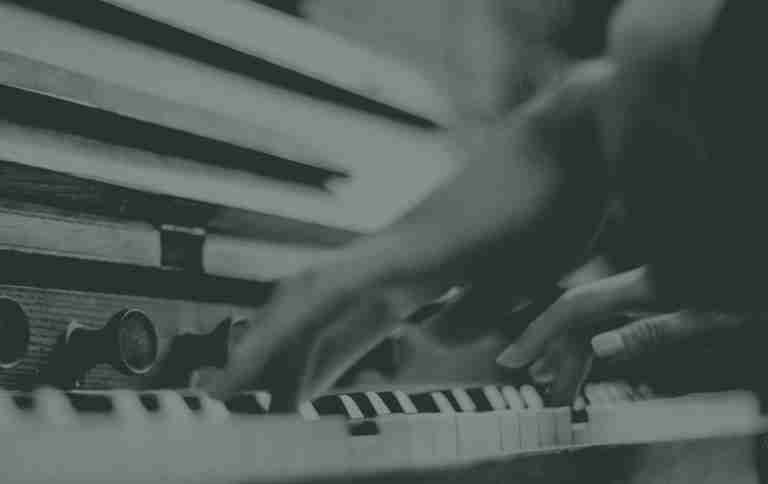It seems like jazz musicians are always thinking about tunes; knowing tunes, learning tunes, how does that one go again? Performing in different situations we are expected to know certain tunes that other musicians will call or even people in the audience will request.
This can seem like a very daunting task at first and really it seems like there are always more tunes to learn, but by learning and practicing tunes in a structured way you can start to build a lasting repertoire.
Learn it by ear
Although at first learning a melody and changes to a standard in this way can seem more difficult than simply reading the music from a real book, the benefits of figuring out tunes by ear is much greater…actually it is not even close compared to reading from a page. When you try to memorize a tune out of a real book, you are taking your ears completely out of the equation. Visually you can see everything and mentally understand it, but unless your memory is photographic you won’t be able to remember the tune an hour from now let alone the next day.
Using your ears and instrument to figure out melodies and chord progressions physically connects you to the music and this along with repetition is the key to memorization. Take for example, all the language learning software out there today that are based upon this very concept. In these programs you hear a phrase in the language you are trying to learn, given the meaning and then are asked to repeat the phrase over and over again.
By doing this you are ingraining the information into your memory through the physical act of saying the phrase or word repeatedly. The same concept applies to learning a tune by ear, only this time instead of your voice you have your instrument. So in short, letting your ears guide you will not only help you to memorize the tune faster, but you will strengthen the physical connection between your ear and your instrument.
Really ”Know” the tune
One thing to remember is that building a lasting repertoire of tunes takes time and can’t be done in a week or two. What often happens in our ambition to learn all the tunes we don’t know yet, is that we try to learn everything at once in a short period of time and end up retaining very little of it. The solution is to learn fewer tunes in a period of time, but to really learn them so they will be ingrained.
It is really easy to get overwhelmed by the sheer volume of tunes that you are expected to know so start with just a few. Aim for 2-3 tunes a week and just focus exclusively on these few tunes during your practice time. Everyday review the melody and changes and work out the intricacies of each tunes as you practice soloing over it, then after some time has passed, review the tune to make sure you still have it. Approaching your practice in this manner will create a lasting connection to the tune that you will be able to recall even after months have passed.
Where to start
A good place to begin is by making a list of tunes that you should know or want to learn. If you are just starting pick a few standards or blues heads or if you are more advanced maybe you need to brush up on some Monk tunes or learn those Wayne Shorter tunes that everyone keeps calling. Create a schedule that is attainable and gives you time to really master each tune and then really dedicate yourself to going through that list.
If you are at a jam session and somebody calls a tune that you haven’t learned yet, write it down and add it to your list. This is a great way to find out which tunes you should know or are expected to know. Finally, remember that no one knows every tune, even the masters and with some discipline and time you can build up a solid base of tunes that will serve you well in any situation.










